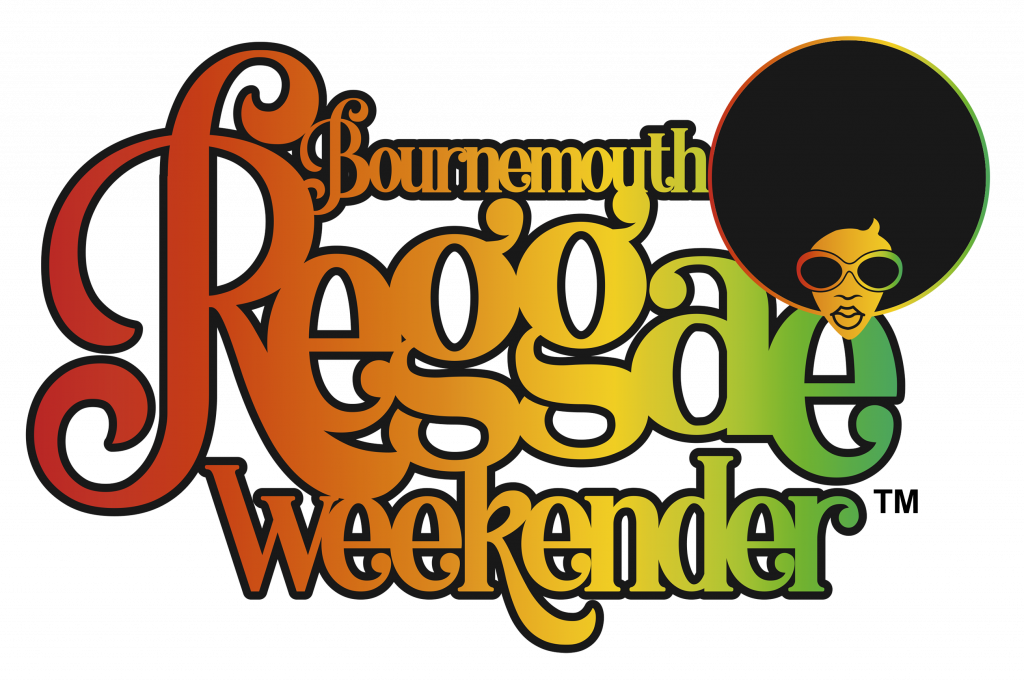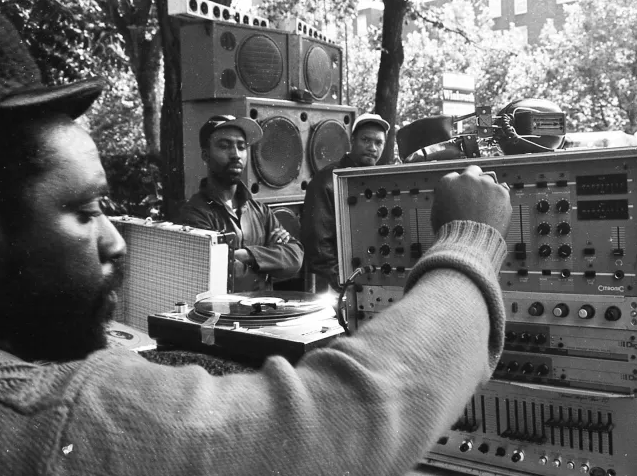When it comes to the arts, fashion and music in British culture, there are long-neglected contributions from BAME communities. Sound systems are one of the most overlooked aspects of Black British music despite being a commercial success story of immense proportions.
Sound systems originated in Kingston in the late 1940s, purpose-built to play records in dancehalls as an alternative to orchestras. These systems developed into self-contained collectives with numerous roles and support networks.
At the time the music industry was determined almost entirely by it’s sellability to a white audience, sound systems took ownership of the production and distribution of music and became the beating heart of Jamaica’s ghetto-regulated music industry. Creating an alternative music industry that has some 70 years later rewritten many of the rules of the mainstream. With a method that reflects the ownership and personal agency of the SoundCloud and online music industry, decades before the internet was created. Sound men needed only to impress their crowd and in doing so subverted the colonialist need of the white dominant music industry to control, suppress and profit off the creative output of black musicians.
Caribbean Soundsystem culture arrived in the UK during the post-war migration from the Commonwealth that took place across the 1950s and 60s. Sound-Systems offered scenes of blues parties, word-of-mouth clubs and makeshift dancehalls. These dances provided a strong point of contact for West Indies immigrants, a space of unity and personal expression that was otherwise unavailable in a country that had turned its back on the very people who helped build and defend its systems. These migrants faced discrimination and racism daily, as a result of this rejection they drew on their own culture and histories to create communities outside of the dominant British culture. It was in these dancehall spaces that black youth found methods to release and express their struggles, to engage in critical cultural and political dialogue free from the sanctions of the state. For many black Britons, reggae played by sound systems in dancehalls is inextricably related to coping with life in a white society.

‘It allowed British black music to define itself, and it developed accordingly, taking chances and making seemingly illogical leaps, based on a concept apparently alien to major record labels: what people really wanted’
Bradley, 2018
Its bass-centric musical ideology has gone on to influence almost all of UK music and is an integral force in the formation of homegrown genres including jungle, garage and grime. The British publics love of pirate radio saw sound systems take a back seat as the marketing method of choice and through this gave way to warehouse parties and in turn to the rave culture that defined much of the late 80s and 90s youth culture. The unstoppable rise of DIY culture and pirate radio forced the BBC to launch Radio 1Xtra and demanded that record companies reform their business models reducing them to little more than physical product distribution services.
Contemporary racism characterises black people in Britain as being without history. With every generation that passes Black British culture develops deeper and deeper roots. The continual neglect in honouring these creative contributions remains an act of erasure. Not only is it time that we recognise these contributions formally within music education but as an invaluable driving force of modern British music culture.
Credit Story By Naima Sutton

